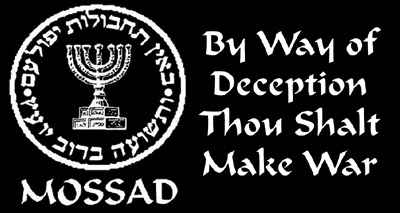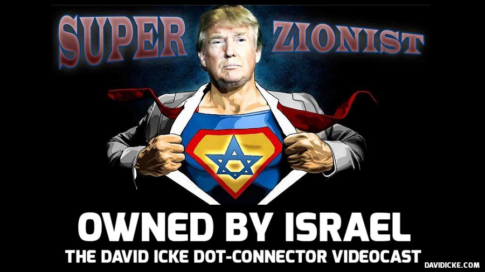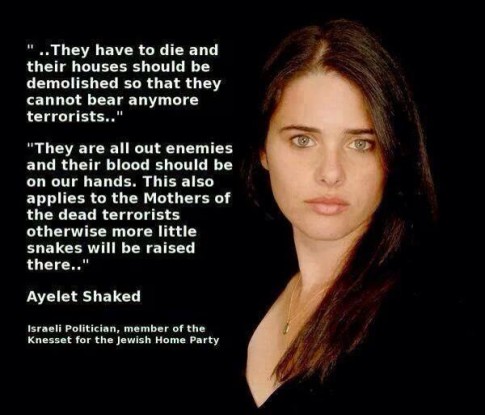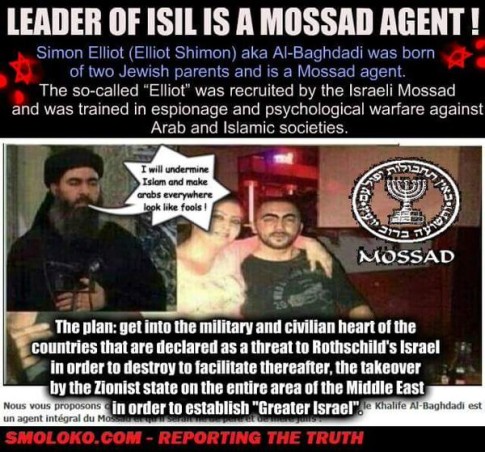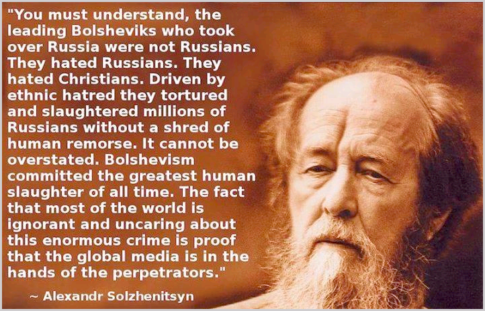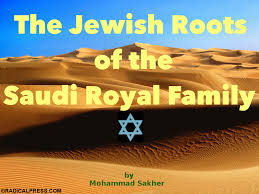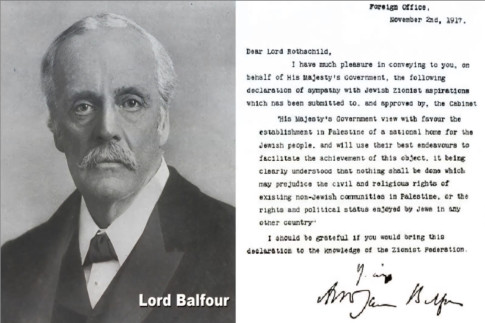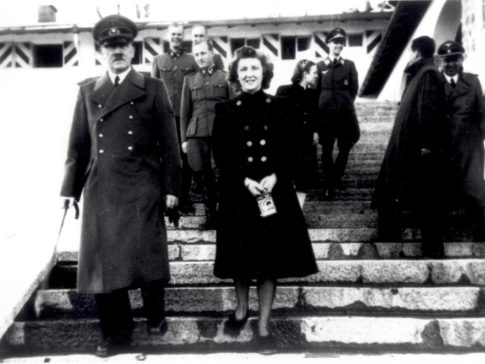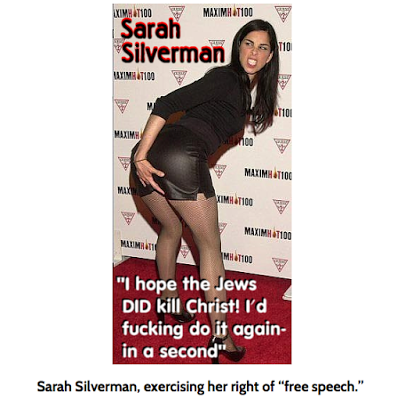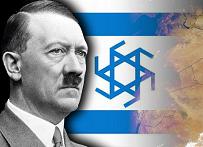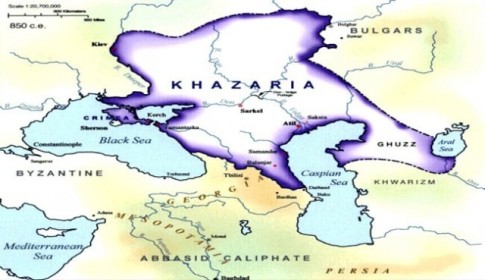FYI.
Related info:
Adolf Hitler has been a Freemason and an Illuminati (Rothschild and the other 12 elite families) puppet from the start.

Masonic handshake between Hitler and Himmler
Down below you’ll find more masonic handshakes/signs and Illuminati hand signs by Adolf Hitler.
WW2 has been a staged event.
Stalin, Roosevelt, Churchill have also been Freemasons and Illuminati puppets.
Other well known Freemasons and Illuminati puppets are/have been:
Obama, the Bush’s, the Clinton’s, Cheney, Trump, Gorbachev, Putin, Xi Jinping, Merkel, May, Cameron, Brown, Blair, Sarkozy, Hollande, Macron, etc.
TPTB have WW3 planned for us.
Hitler hired Hjalmar Schacht to run the Reichsbank.
Now look up who created the BIS, the central bank of central banks!!!
*****
– D-Day was staged too (part 1/2):
Since the result of the landing could be quite random, once again, Jewish leaders had to stage the event.
A failure of the landing was out of the question. Indeed, the USSR was about to crush Germany. And as it would have taken a year or two to repeat a similar operation, it would have been very difficult to justify a stagnation of the Eastern Front during all this time. And without a stagnating front, the USSR would have conquered most of Europe, and would have put communist governments everywhere. And such a thing was not part of the plans of Jewish leaders. And if Stalin had put communist governments in some countries and not in others, again it would have been difficult to justify.
So, Hitler and the German High Command had to help the Allies win, by reacting too slowly and inadequately. That’s why, once again, we see the presence of many quirks, inconsistencies, “errors” too numerous and too big to be honest, as well as hazards a little too good to be true; all this, mainly on the German side of course, but not only.
Read moreD-Day Was Staged Too – Part 1 & Part 2 (Hitler The Jew And The Faked WW2)

